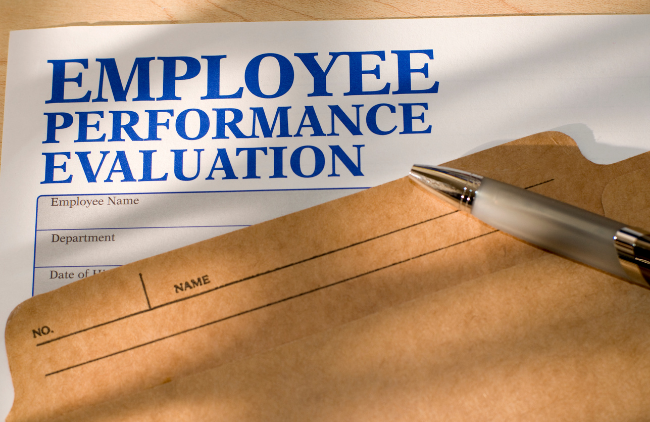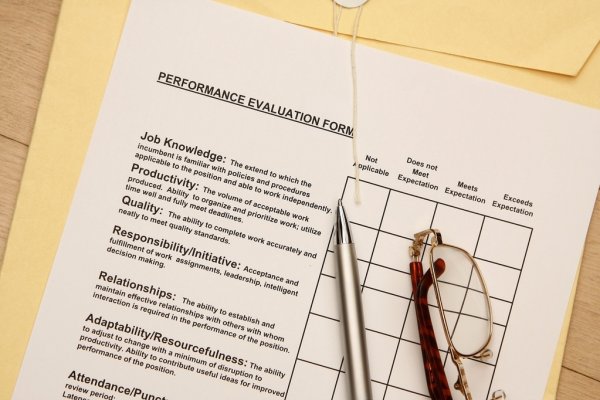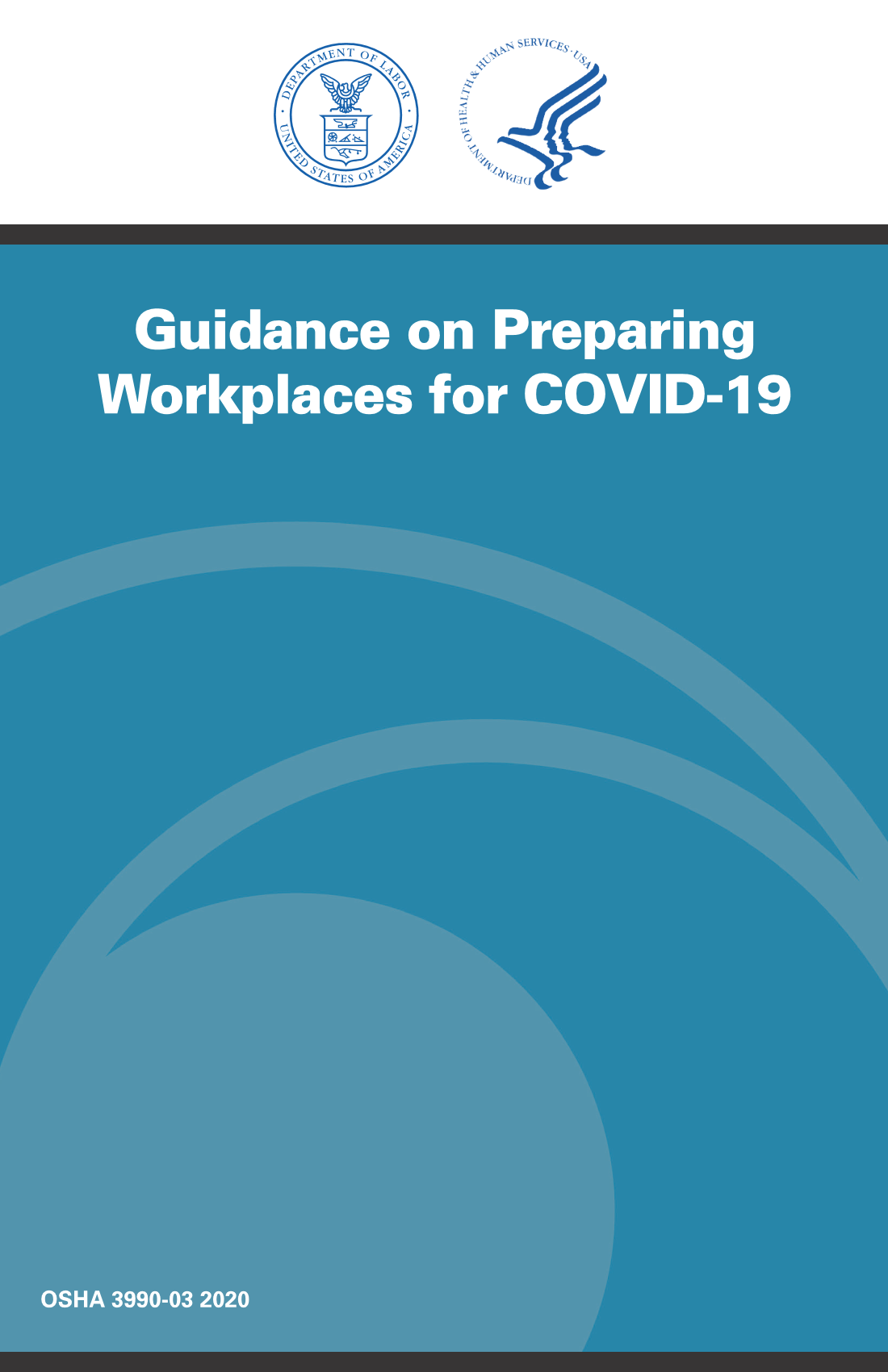
Whether you are conducting annual performance reviews or meeting with employees on a more regular basis, there are some common mistakes that often occur in the evaluation process. These mistakes can lead to problems — even lawsuits.
It’s essential that employers are mindful while performing evaluations to ensure that the process is as productive and effective as possible.
It’s essential that employers are mindful while performing evaluations to ensure that the process is as productive and effective as possible.
Don’t miss the mark! Here are a few common supervisor mistakes made during performance evaluations:

Rating Inflation
Supervisors tend to give employees inflated performance appraisals due to the fear of damaging their working relationship. However, these inflated ratings actually hurt the employee. They give a false sense of security and deprive them of an opportunity to improve.

Prejudice or Bias
Supervisors tend to give employees inflated performance appraisals due to the fear of damaging their working relationship. However, these inflated ratings actually hurt the employee. They give a false sense of security and deprive them of an opportunity to improve.

Unrealistic Goals or Objectives
It is important to take time to set realistic and attainable goals for your employees. If a supervisor establishes unrealistic goals and then negatively evaluates an employee because he/she has not met the goals, the supervisor is creating problems for the company.

Inadequate Observation
It is essential that the evaluators are completely familiar with all aspects of the employees’ jobs. This will ensure that evaluations are complete and accurate.

Inappropriate Time Span for Review
Each appraisal should cover the complete period of time since the last evaluation. Supervisors should be familiar with prior evaluations for goal-setting, but they should not repeatedly look backward and bring up past problems.

Allotting Sufficient Time
Supervisors often do not set aside enough time to allow for a meaningful performance evaluation. Careful planning and scheduling can mitigate this.

Misleading Comments
It can be much easier to say that an employee is “improving” than to say that the employee’s performance is not at the expected or desired level. The evaluation should say explicitly that performance is substandard. Evaluations should not explain deficiencies, but rather identify them and establish a basis and strategy for improvement.

Too Much or Too Little Detail
Find an appropriate balance. Regardless of whether comments or ratings are negative or positive, they should always be explained thoroughly in order to improve issues and encourage good work. However, being too specific can make it seem like the employee is being picked on.

Acting Like A Psychologist
The main purpose of an evaluation is to identify deficiencies and develop a plan to correct them. Employee assistance programs (EAP) may provide an opportunity for the employee to address problems outside of work that are affecting workplace behaviors and performance. Rather than try to provide support for problems that are not work-related, suggest that the employee make use of the EAP, if there is one.

Not Following Through
Reviewers often do not follow through with suggested corrective action, decreasing the effectiveness of the performance reviews.
Many times, these mistakes happen unintentionally. We recommend that employers keep these common mistakes in mind while preparing to conduct evaluations to prevent them. If carefully planned, your performance reviews will be productive and effective.







